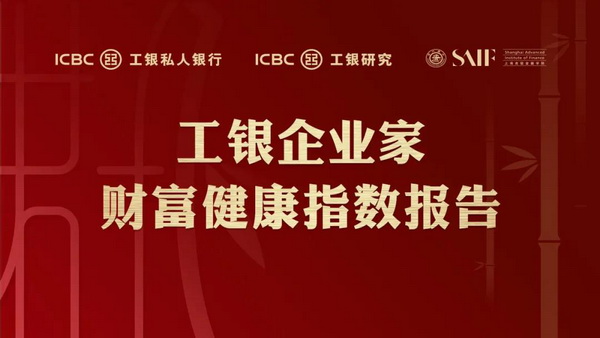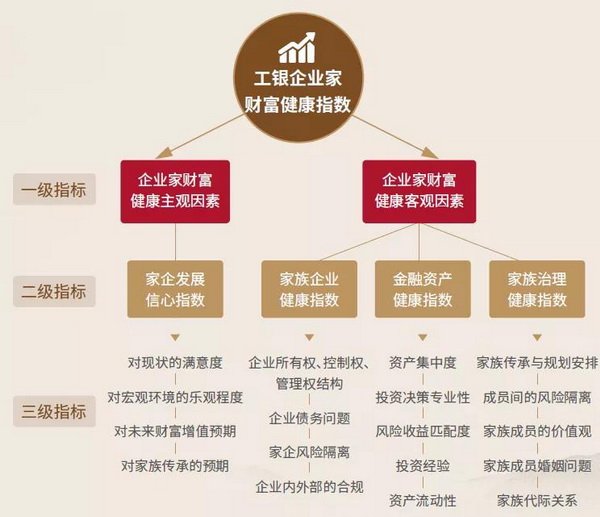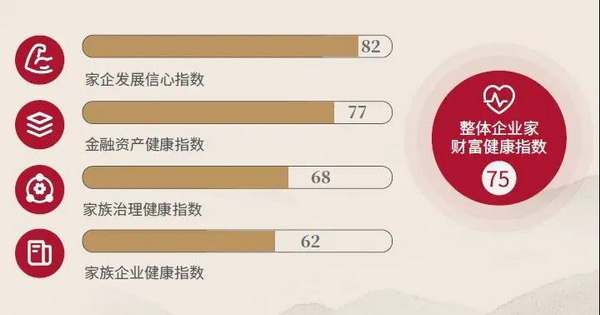On December 22nd, the Entrepreneur Financial Well-being Index Report (Report) was released online by SAIF and ICBC Private Banking. Professor Guangshao Tu (Adjunct Professor at SJTU, Executive Director at SAIF) served as the academic director and delivered a speech at the report release ceremony.
Combining the efforts of the top think tank and the "national team" of financial institutions, both sides were able to use their academic and practical advantages together to propose a management model to assess the financial well-being of entrepreneurs. This is of great significance to the field of wealth management.

An energetic group of enterprises and entrepreneurs are key elements in building a new development pattern in China today. This Report comprehensively reviews the financial well-being status of the entrepreneur group. It makes practical suggestions to help entrepreneurs effectively manage their business through a financial well-being management system.
At the same time, the Report provides data support and market feedback for regulators' policy formulations. It helps to promote the transformation of residents' wealth into social-friendly capital and to ensure the healthy development of the wealth management industry.
The Report interviewed 1,223 entrepreneurs who were private banking clients, of which 39% were from the manufacturing industry, 12% were from the real estate industry, and 10% were from the wholesale and retail industries. The majority of the clients (70% ) had assets of more than 50 million RMB, and 65% were between the ages of 40-59, with a geographical coverage of 30 provincial administrative regions and subordinate cities.

Drawing upon advanced foreign models, the Report simplified a large number of theoretical studies and divided the wealth management system of Chinese private entrepreneurs into four dimensions. By weighting adjustment simulations, it formed a quantifiable assessment system to help entrepreneurs effectively manage their companies, finances, and family assets through a financial well-being management system.
According to the Report, the overall 2021 ICBC Entrepreneurial Financial Well-Being Index scored 75, reflecting the good overall financial well-being of Chinese entrepreneurs. Among the other indices, Confidence in Family Business Development scored 82, which was the highest among the four sub-indices. Family Business Well-Being scored 62, which was the lowest, indicating that private enterprises face greater challenges in transformation, upgrading, and inheritance arrangements. Financial Assets Well-Being scored 77, indicating that entrepreneurs' family wealth is healthier than corporate wealth. And lastly, Family Governance Well-Being scored 68, indicating that there is still space for improvement in family internal governance.

In the future, SAIF will continue to pay attention to the wealth management of entrepreneurs, to their family businesses, and to their enterprise development. It will provide more research and education support for the wealth management industry — thus helping entrepreneurs to improve their financial well-being.






